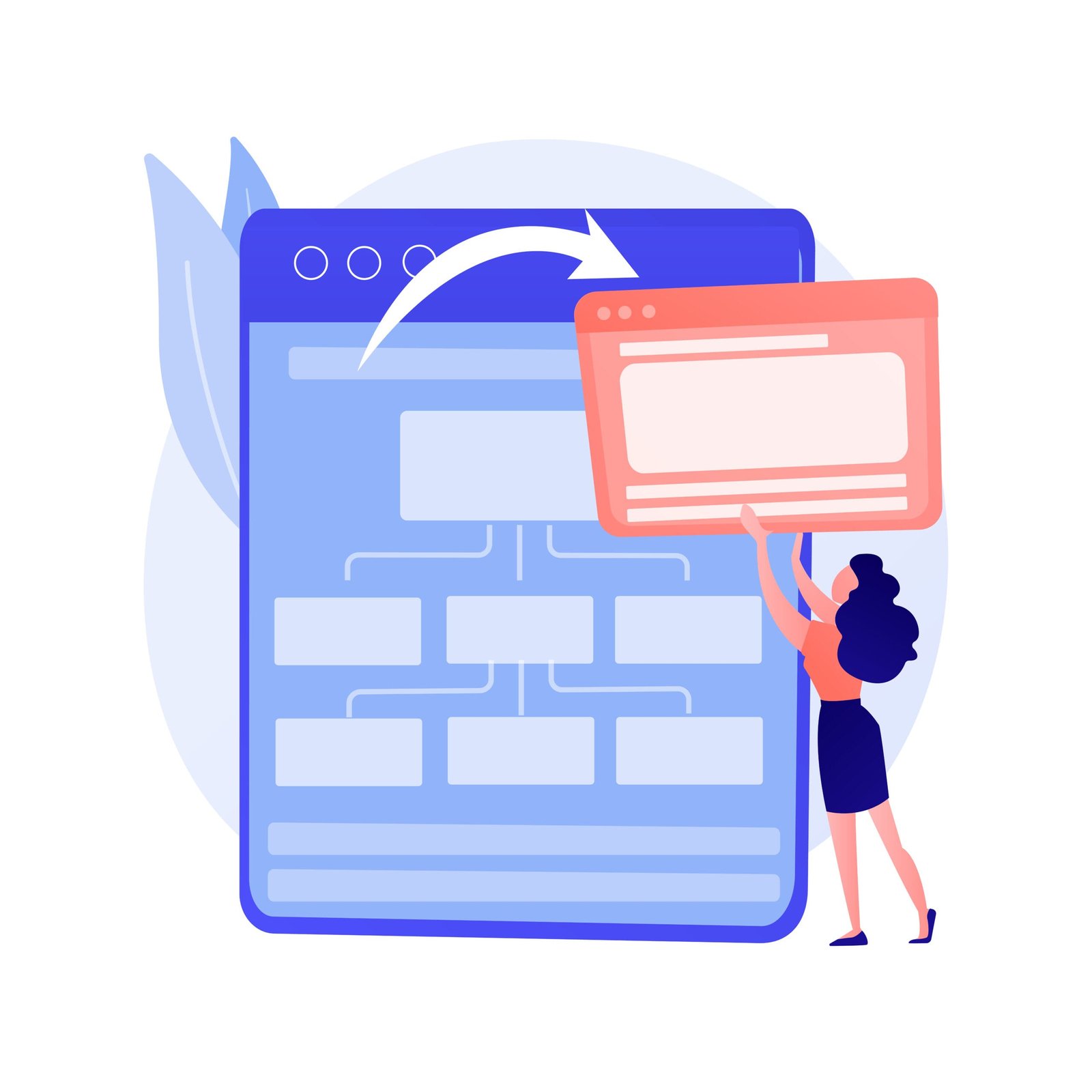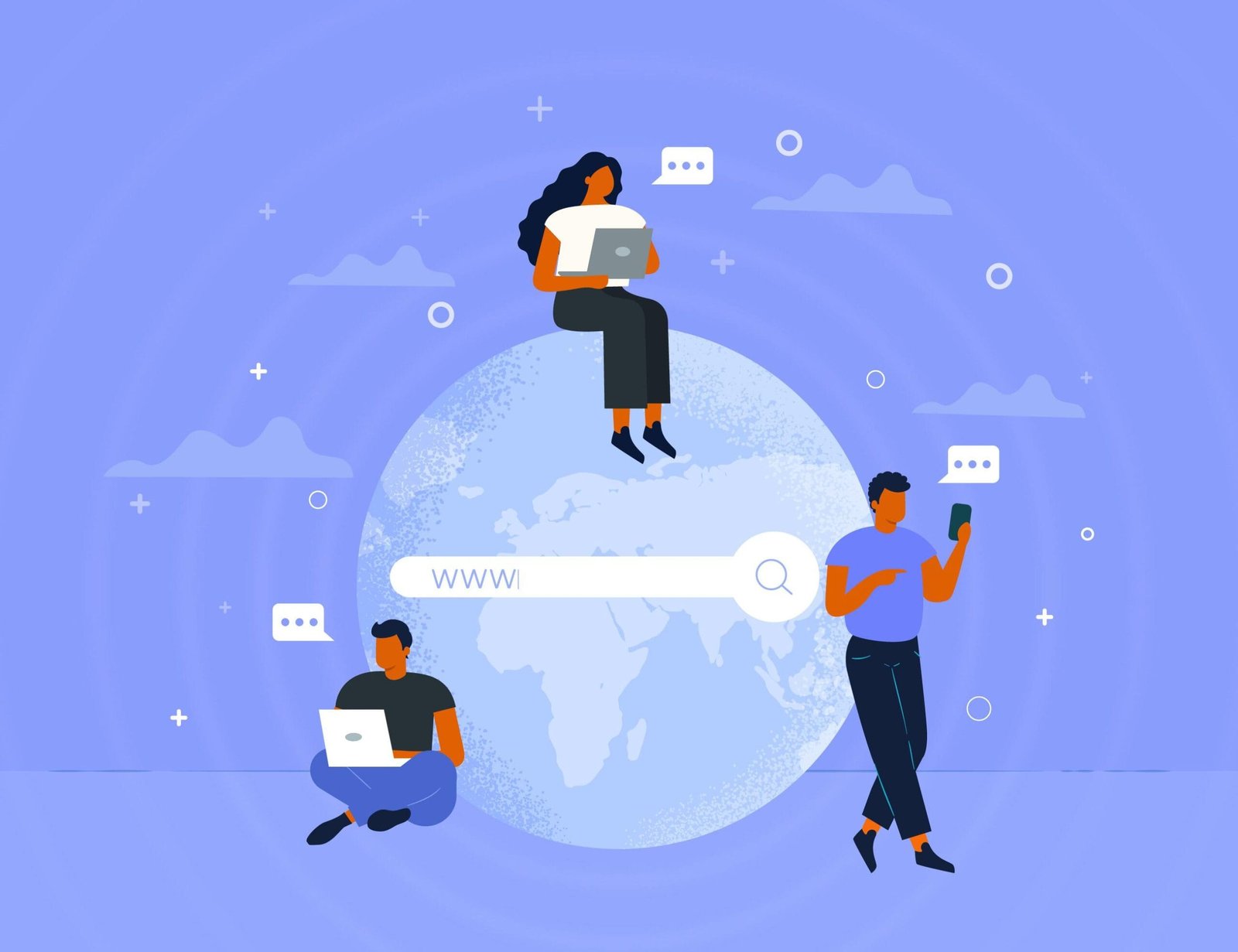Web crawlers, the unseen engines behind search engines, are essential to the success of your SEO strategy. Its primary function is to navigate the vast expanse of the internet, indexing web pages to make them accessible to search engines like Google, Bing, and Yahoo.
Understanding the importance of web crawlers in SEO provides insight into how websites achieve visibility, maintain relevance, and deliver value to their audience.
In this article, we’ll dive into how web crawlers impact SEO, from boosting rankings to driving organic traffic and improving your site’s overall optimization.
1. How Web Crawlers Power Search Engines
Web crawlers act as the backbone of search engine operations. They systematically visit web pages, extracting and storing data to build an organized index that search engines use to deliver search results.
Without crawlers, search engines would lack the necessary information to evaluate and rank web pages effectively. Recognizing the importance of web crawlers is key to understanding how search engines manage to deliver accurate and timely results.
- Efficient Indexing
Web crawlers ensure search engines have a comprehensive database of web content. This process allows users to find relevant pages for their queries instantly.
- Content Discovery
Crawlers identify new web pages, updates to existing pages, and even deleted content. This keeps the search engine’s database up-to-date, ensuring users receive current information.
2. Boosting Website Visibility
One of the most critical impacts of web crawlers is how they influence website visibility. A page that isn’t crawled or indexed cannot appear in search engine results, no matter how valuable its content might be.
- Enabling Discovery by Search Engines
By ensuring that a website’s pages are crawlable, businesses can ensure they are discoverable by search engines. This is a foundational step toward achieving visibility on search engine results pages (SERPs).
- Improving Rankings
Crawlers evaluate the structure and relevance of a page’s content. Well-organized and optimized pages are likely to rank higher, driving more organic traffic.
3. Supporting SEO Strategies
Web crawlers not only index content but also analyze key SEO elements that contribute to rankings. This includes metadata, internal links, mobile-friendliness, and page load speeds.
These insights inform search engine algorithms that decide the ranking order. The importance of web crawlers becomes clear when considering how they assess SEO elements like internal links, page speed, and mobile-friendliness.
- Analyzing Metadata
To understand a page’s topic, crawlers assess title tags, meta descriptions, and headers. Accurate metadata ensures the page aligns with specific search queries.
- Internal Linking Impact
Crawlers use links to navigate a website. A well-structured internal linking strategy helps them discover all pages, enhancing the website’s indexability.
- Assessing User Experience Factors
Features like mobile responsiveness, site speed, and secure connections (HTTPS) are also evaluated by web crawlers. Websites optimized for these factors are prioritized in rankings.
4. Enhancing Content Strategies
Web crawlers influence content strategy by highlighting what works and what doesn’t in terms of SEO.
- Content Relevance
Crawlers analyze the relevance of content based on keyword usage and user intent. Pages with thin or outdated content may be deprioritized.
- Duplicate Content
Content issues, such as duplicate content, which can negatively impact rankings, are identified by crawlers. SEO professionals rely on this feedback to refine their content strategies.
5. Ensuring Competitive Advantage
Web crawlers are the first line of evaluation between a website and its competitors. They provide search engines with data that helps differentiate high-quality pages from mediocre ones. The importance of web crawlers cannot be overstated when it comes to gaining a competitive edge in SEO.
- Tracking Competitor Changes
If competitors are making strides with new, optimized content or improved website architecture, crawlers will note these changes. This means staying ahead requires consistent updates and optimization.
- Highlighting Opportunities for Improvement
Through tools like Google Search Console, webmasters can monitor how web crawlers interact with their website, uncovering areas to enhance crawlability and content relevance.
Also Read: Get to Know the Impact of Link Rot on Your SEO Strategy!
6. Implications of Poor Crawlability
Failing to optimize a website for web crawlers can have significant consequences:
- Reduced Visibility
Pages not crawled won’t appear on SERPs, limiting traffic and audience reach.
- Keyword Ranking Losses
If crawlers cannot access critical pages, they miss out on indexing relevant keywords, affecting search engine rankings.
- Negative User Perception
Broken links, inaccessible pages, or poorly optimized content lead to higher bounce rates, which signal search engines to deprioritize the site.
7. Role of AI in Modern Web Crawling
The advent of AI has enhanced the importance of web crawlers, allowing for deeper analysis and better contextual understanding.
Modern crawlers prioritize user intent, ensuring that only the most relevant and high-quality pages rank well.
- Understanding Context
Crawlers that are powered by AI are capable of assessing nuances such as sentiment, tone, and natural language usage in content.
- Rewarding Quality Content
AI-enhanced crawling technology places more weight on originality and value, further emphasizing the importance of well-crafted web pages.
Curious About Web Crawlers? Consult GetFound for Insights!
The importance of web crawlers in SEO is crucial, directly influencing how search engines rank and display web pages.
By ensuring crawlability, optimizing for metadata and user experience, and maintaining high-quality content, businesses can maximize the impact of crawlers on their SEO performance.
Ultimately, understanding and catering to the workings of web crawlers provides the foundation for achieving sustained visibility and growth in the competitive digital landscape.
Want to learn more about SEO? Follow GetFound on LinkedIn and Instagram for educational content you can enjoy!











